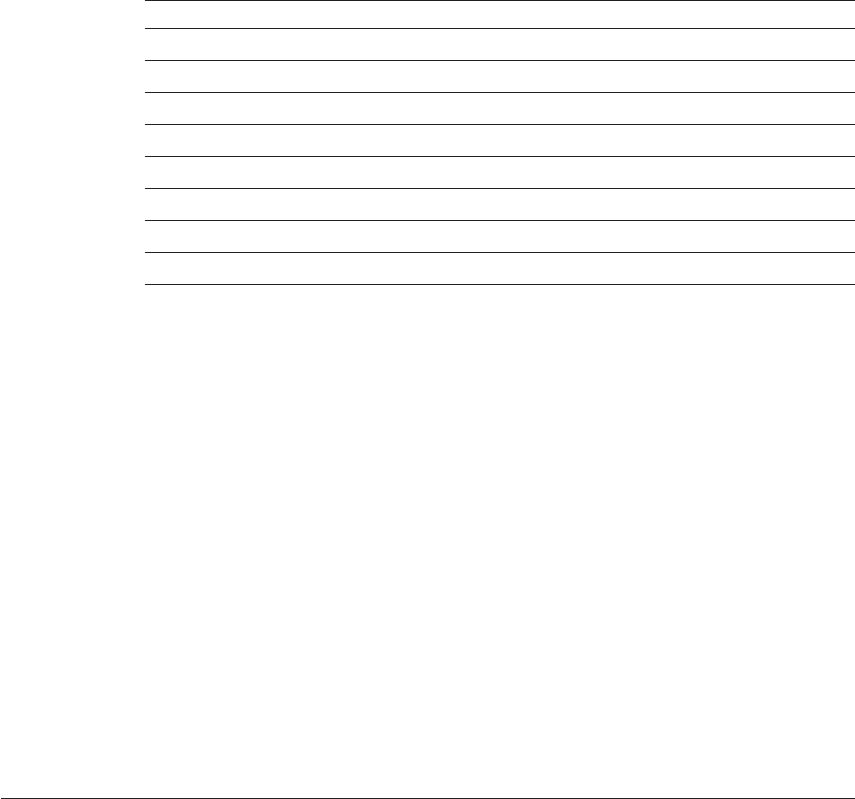
Table 9. Workstation Code Page to Host CCSID Conversion (continued)
Host CCSIDs Code Page Countries
838 874 Thailand
930, 939, 5026, 5035 932, 942, 943, 954, 5039 Japan
937 938, 948, 950, 964 Taiwan
933, 1364 949, 970, 1363 Korea
935, 1388 1381, 1383, 1386 People’s Republic of China
1112, 1122 921, 922 Estonia, Latvia, Lithuania
1025 915, 1131, 1251, 1283 Belarus
1123 1124, 1125, 1251 Ukraine
Notes:
1. Code page 1004 is supported as code page 1252.
2. In general, data can be converted from a code page to a CCSID and back
again to the same code page with no change. The following are the only
exceptions to that rule:
v In double-byte character set (DBCS) code pages, some data containing
user-defined characters may be lost.
v For single-byte code pages defined within mixed-byte code pages, and
for some newer single-byte code pages, characters that do not exist in
both the source and the target may be mapped to substitution characters
and then lost when the data is converted back to the original code page.
3. For bidirectional languages, a number of special ″BiDi CCSIDS″ have been
defined by IBM and are supported by DB2 Connect Version 6.
If the bidirectional attributes of the database server are different from those
of the client you can use these special CCSIDS to manage the difference.
Refer to the Administration Guide for details of these special CCSIDs. Refer
to the Release Notes for DB2 Connect Version 6 for detailed information
about how to set them up for DRDA host connections.
Bidirectional CCSID Support
The following BiDi attributes are required for correct handling of Bidirectional
data on different platforms:
- Text type (LOGICAL vs VISUAL)
- Shaping (SHAPED vs UNSHAPED)
- Orientation (RIGHT-TO-LEFT vs LEFT-TO-RIGHT)
- Numeral shape (ARABIC vs HINDI)
- Symmetric swapping (YES or NO)
162 Quick Beginnings


















